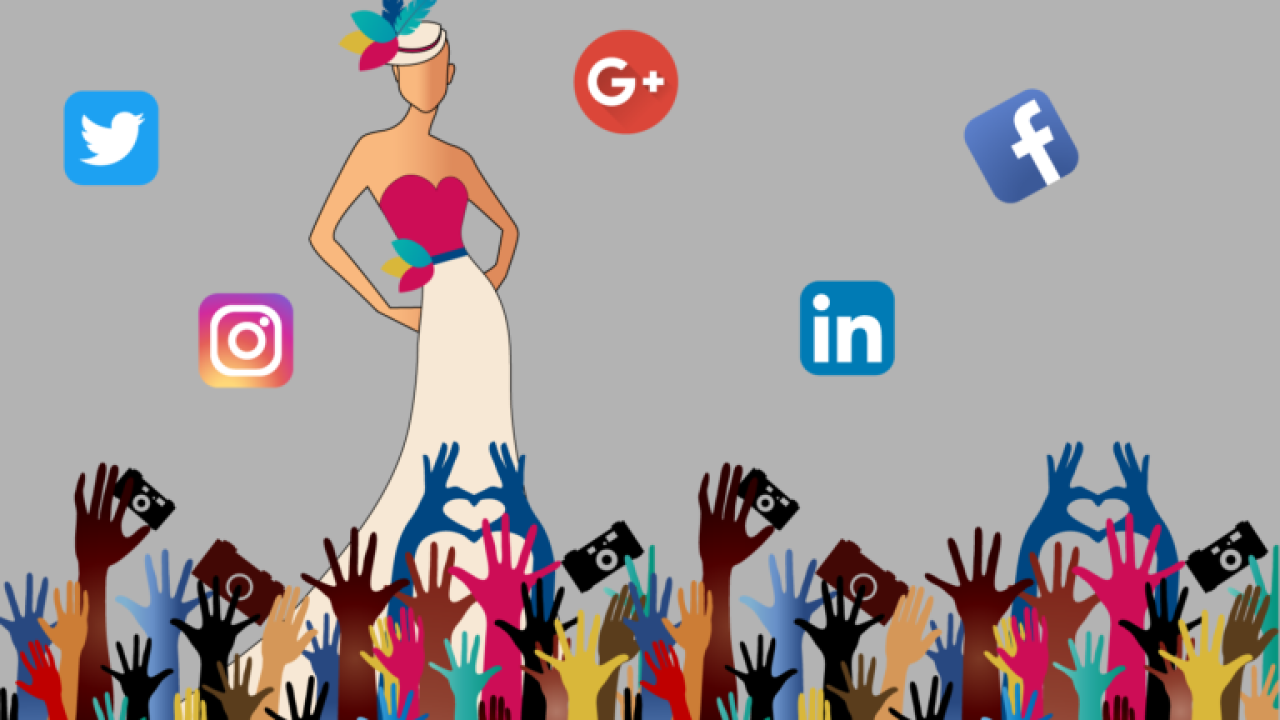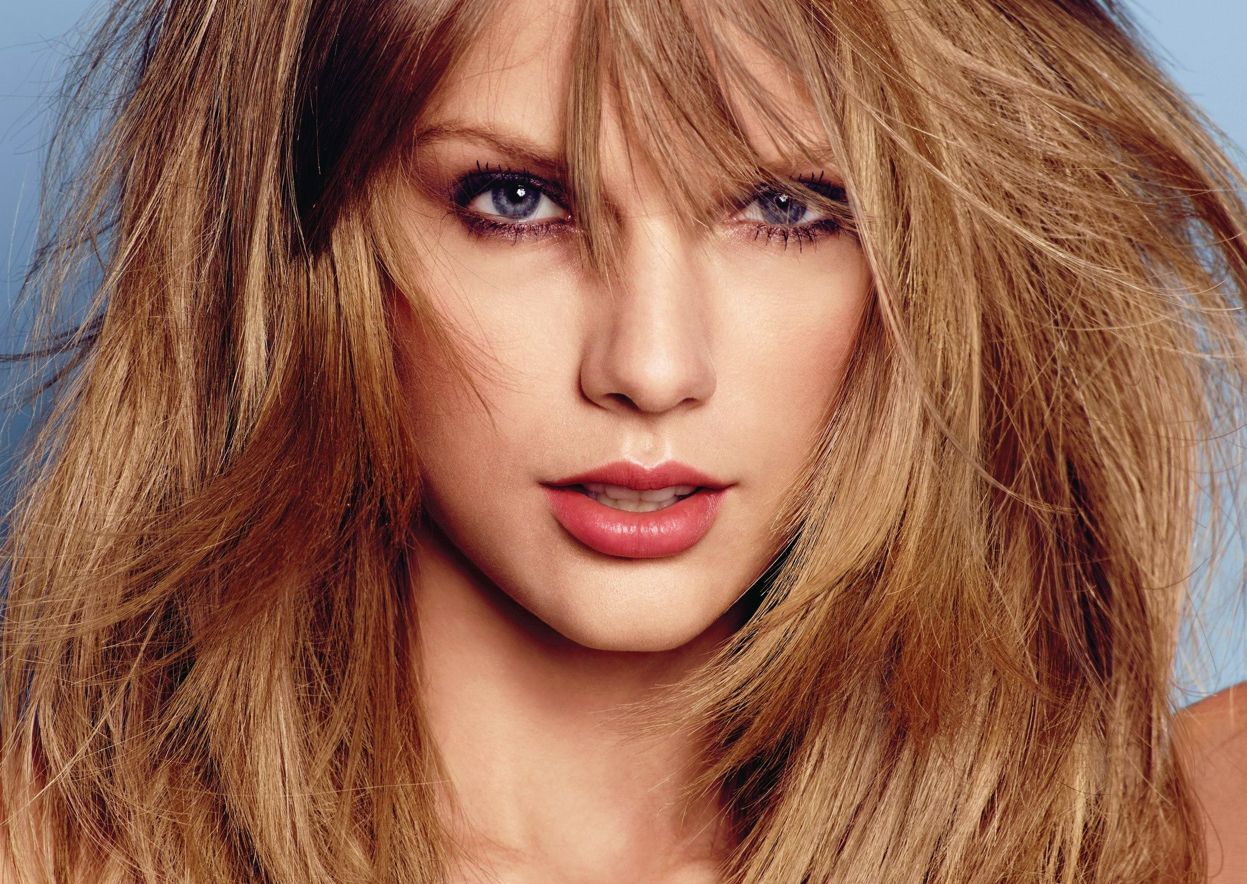Sydney Sweeney’s American Eagle Ad Attacked as ‘Racist’: Why the ‘Jeans vs. Genes’ Controversy Misses the Point. In the hyper-charged arena of modern celebrity, it seems no good deed—or in this case, no good ad campaign—goes unpunished. Actress Sydney Sweeney, currently one of Hollywood’s most bankable young stars, is at the center of a bizarre new controversy following the launch of her latest ad campaign with retail giant American Eagle. Critics in the far corners of the internet have levelled accusations of racism and white supremacy against the ads, based on a linguistic leap so vast it borders on the absurd: the claim that the campaign’s use of the word “Jeans” is a coded dog whistle for “Genes.”
The Toxic Social Media Environment
The theory, which has bubbled up on platforms like X (formerly Twitter) and TikTok, posits that by headlining a campaign centered on “jeans,” American Eagle and Sweeney are secretly promoting a message of genetic purity. The evidence? None, other than the phonetic similarity between the two words. The campaign visuals themselves are standard fashion fare: Sweeney, looking every bit the global superstar, confidently modelling the brand’s denim. There are no hidden symbols, no questionable gestures, no context whatsoever to support such a sinister interpretation.
Let’s be clear: this controversy has been blown wildly out of proportion. It’s a textbook example of manufactured outrage, born from a digital echo chamber where the most extreme take often gets the most attention. The idea that a multi-billion-dollar corporation like American Eagle would risk catastrophic public backlash by embedding a white supremacist message into its flagship campaign is, frankly, nonsensical. It defies every principle of marketing, public relations, and corporate responsibility.
So, if the “Jeans vs. Genes” theory is a baseless conspiracy, what is the real issue here? Why has this particular campaign, starring this particular actress, become a lightning rod for such vitriol? The answer likely has little to do with denim and everything to do with a brewing cultural fatigue.
For the better part of a decade, the advertising world has undergone a necessary and laudable transformation. Brands have moved decisively towards all-inclusive marketing, celebrating a wide spectrum of body types, ethnicities, and identities. This push has been a powerful force for good, making countless consumers feel seen and represented. However, this shift has also created a new kind of watchdog culture, one that can be intensely critical of any perceived deviation from this new norm.

Classic Beauty
Enter Sydney Sweeney: a conventionally beautiful, blonde, Caucasian woman. Her role in the American Eagle campaign represents a return to a more traditional form of aspirational advertising that was the industry standard for generations. For a small but vocal group of critics, her presence is not just an ad—it’s a regression. It’s a move away from the inclusive mosaic that they have championed. The frustration is not that the ad is secretly racist; the frustration is that it isn’t overtly diverse. The bizarre “genes” accusation appears to be a convoluted tool to attack a campaign for featuring a conventionally attractive white woman without having to admit that’s the actual objection.
Sweeney is no stranger to being the focal point of online scrutiny. She has faced previous backlash over her family’s perceived political leanings, making her a pre-vetted target for those looking to find fault. Her success and ubiquity make her a symbol, and symbols are easy to attack.
Neither American Eagle nor Sweeney’s team has dignified the “Jeans vs. Genes” theory with a response, and for good reason. To do so would be to grant legitimacy to a fringe argument that does not deserve it. Their silence is the correct PR move, allowing the absurdity of the claim to collapse under its own weight.
Hyper Sensitive Society
Ultimately, this incident says more about the state of our discourse than it does about Sydney Sweeney or American Eagle. It highlights a climate where bad-faith interpretations can gain traction and where complex cultural discussions are flattened into explosive accusations. The real conversation should be about the evolving landscape of advertising and whether there is room for all types of representation—including the traditional forms that some now find objectionable. Instead, we are stuck debating a conspiracy theory about a pair of jeans.






























